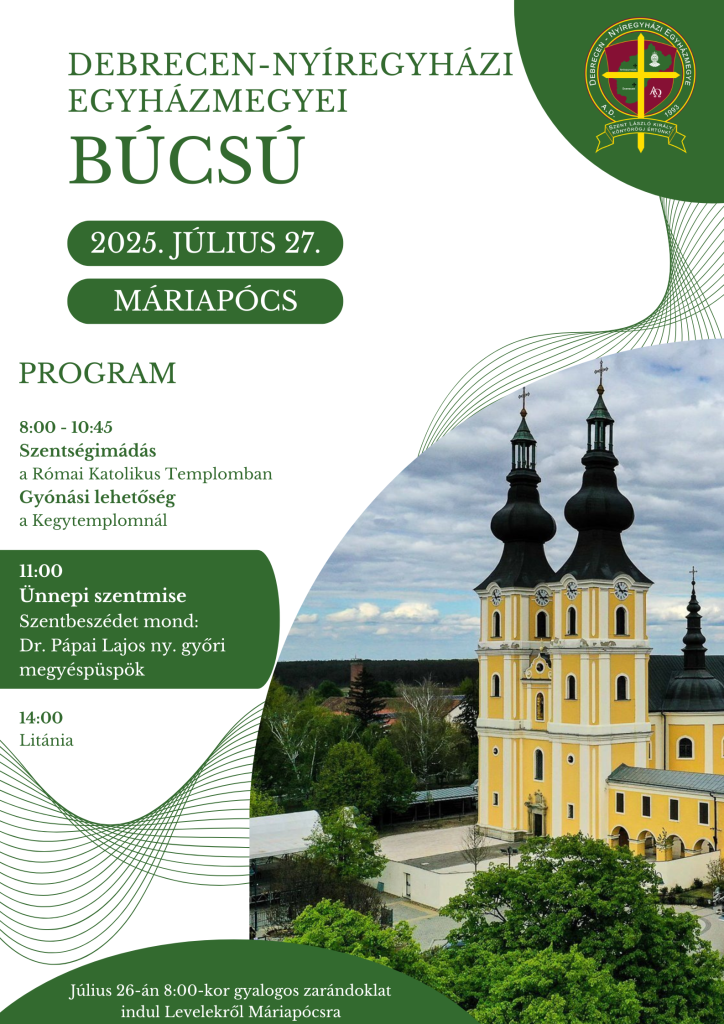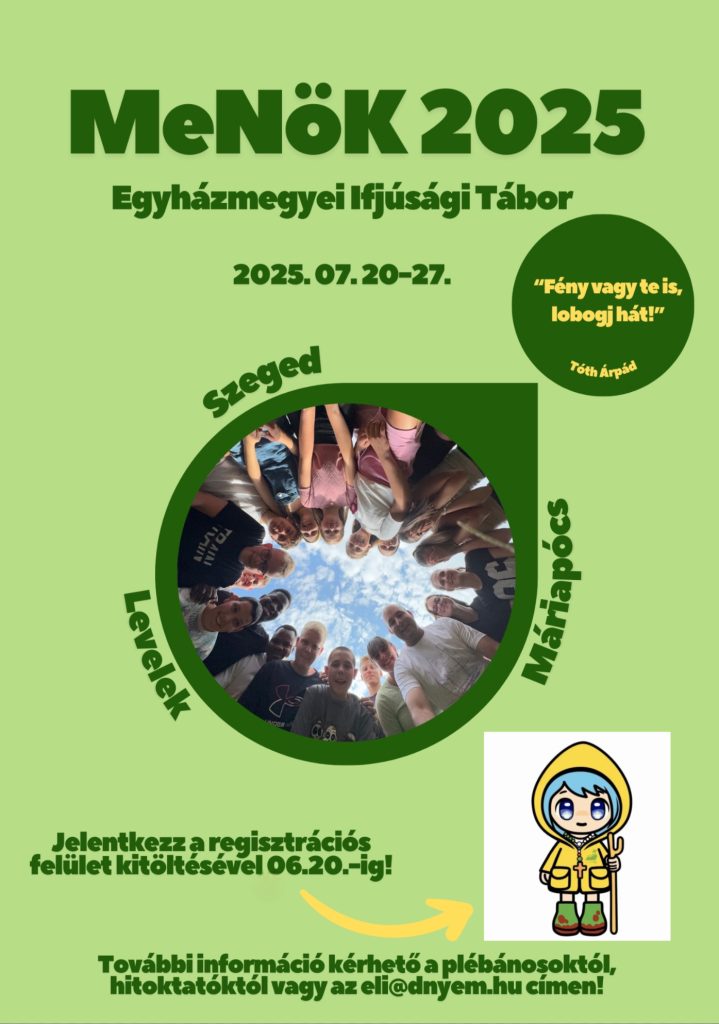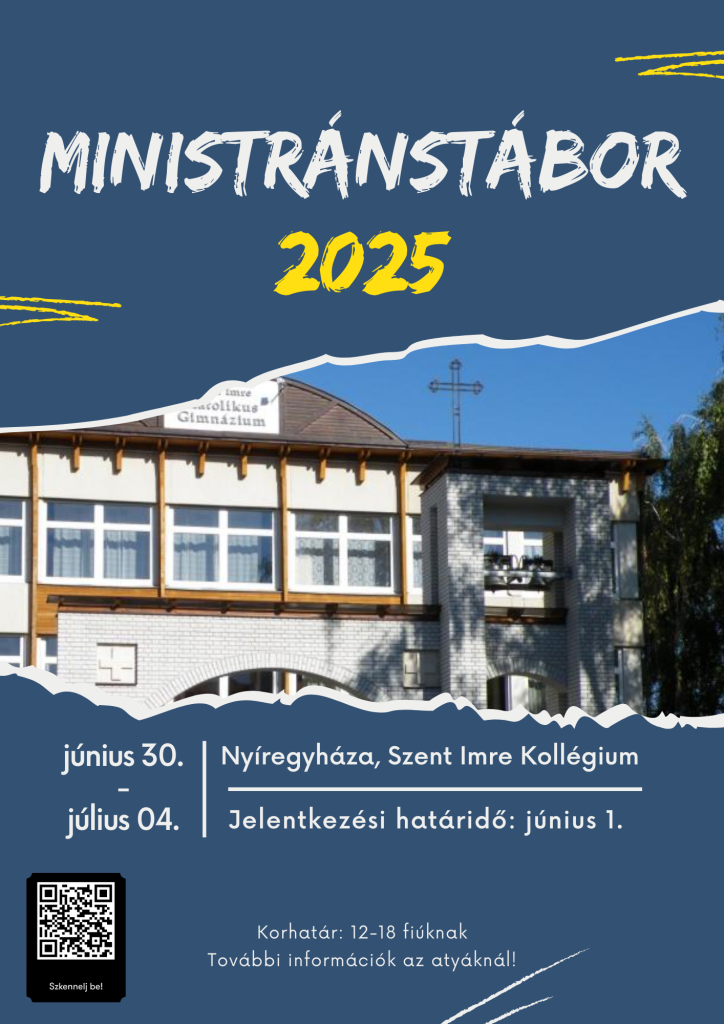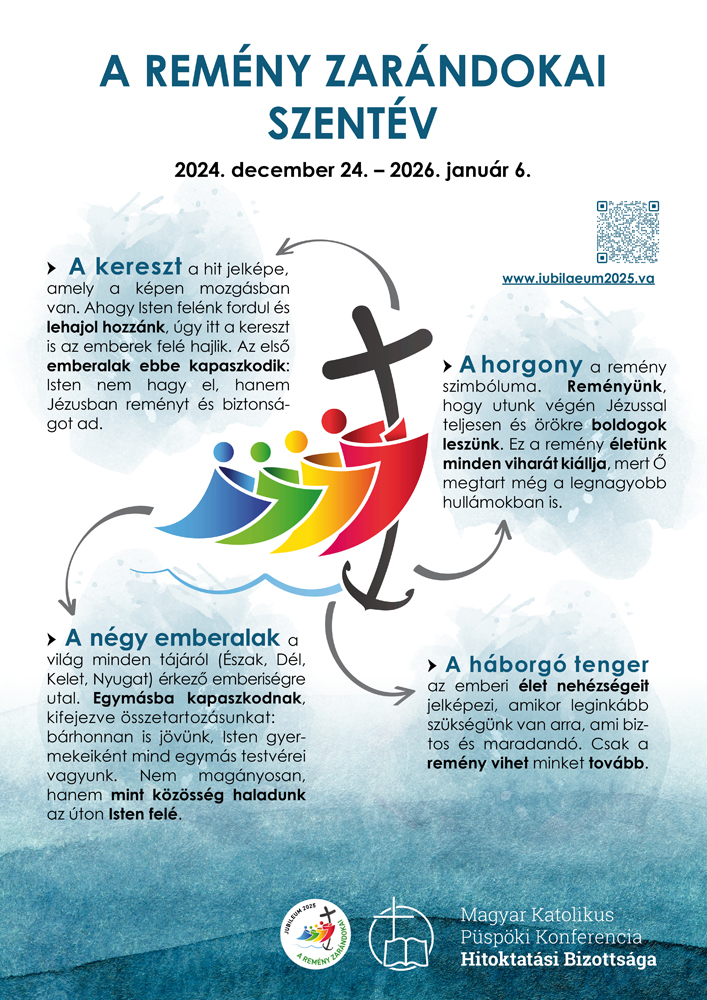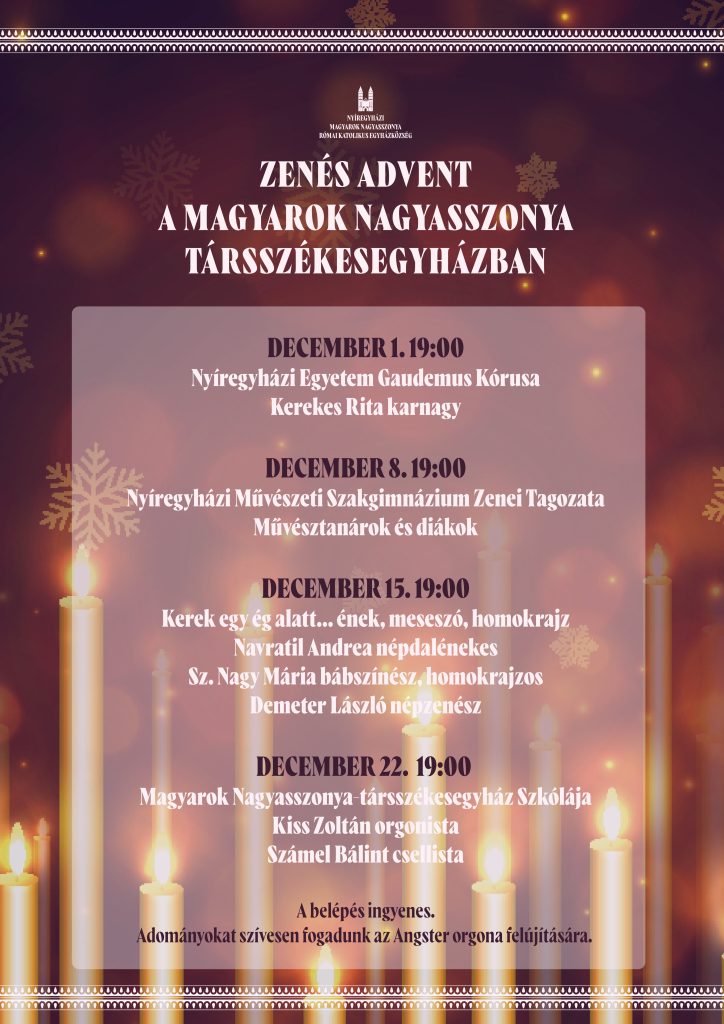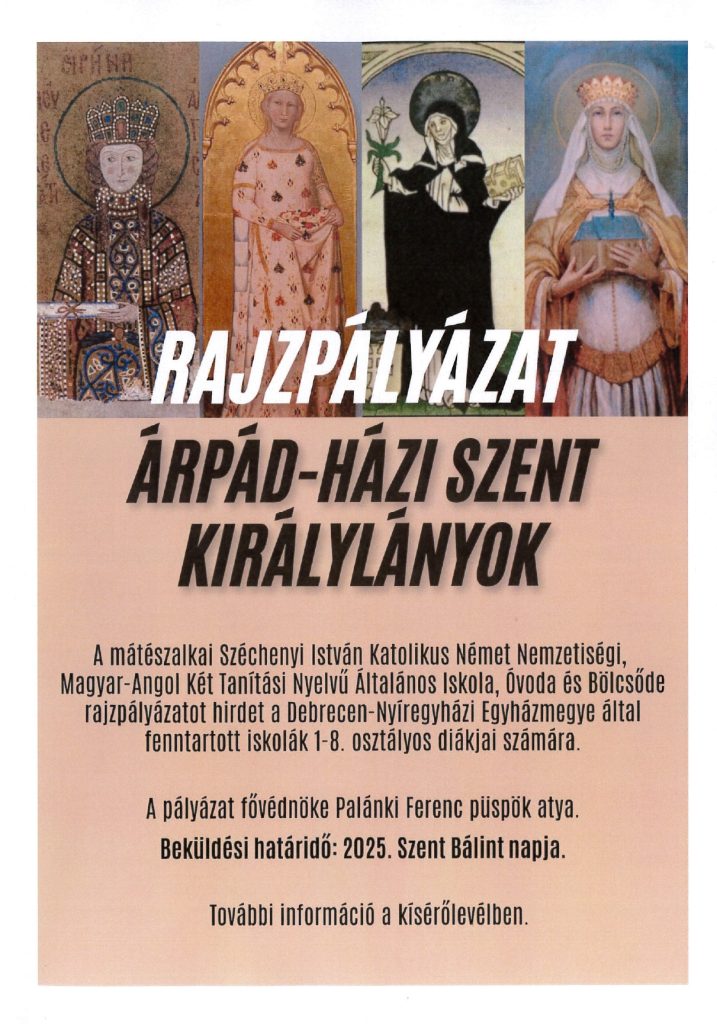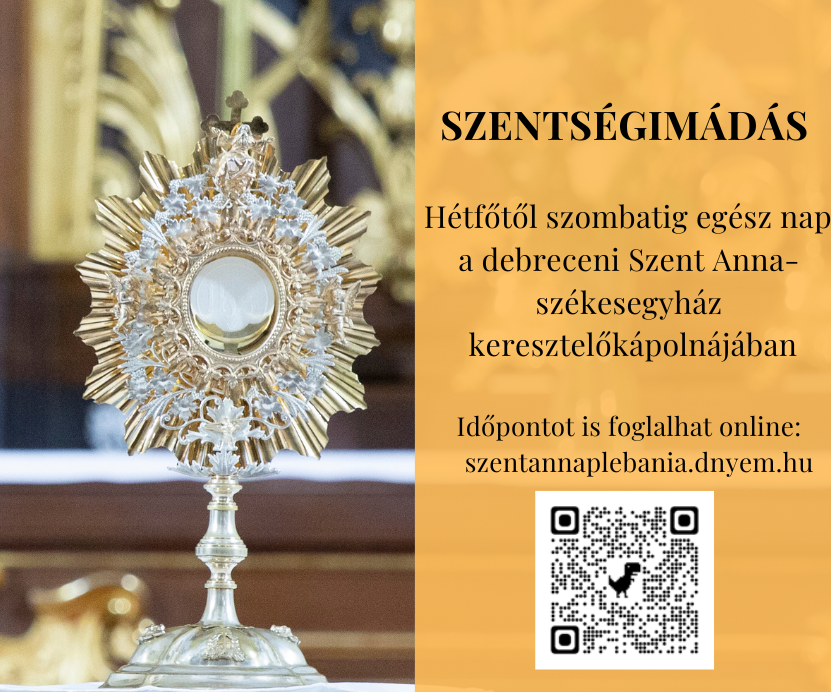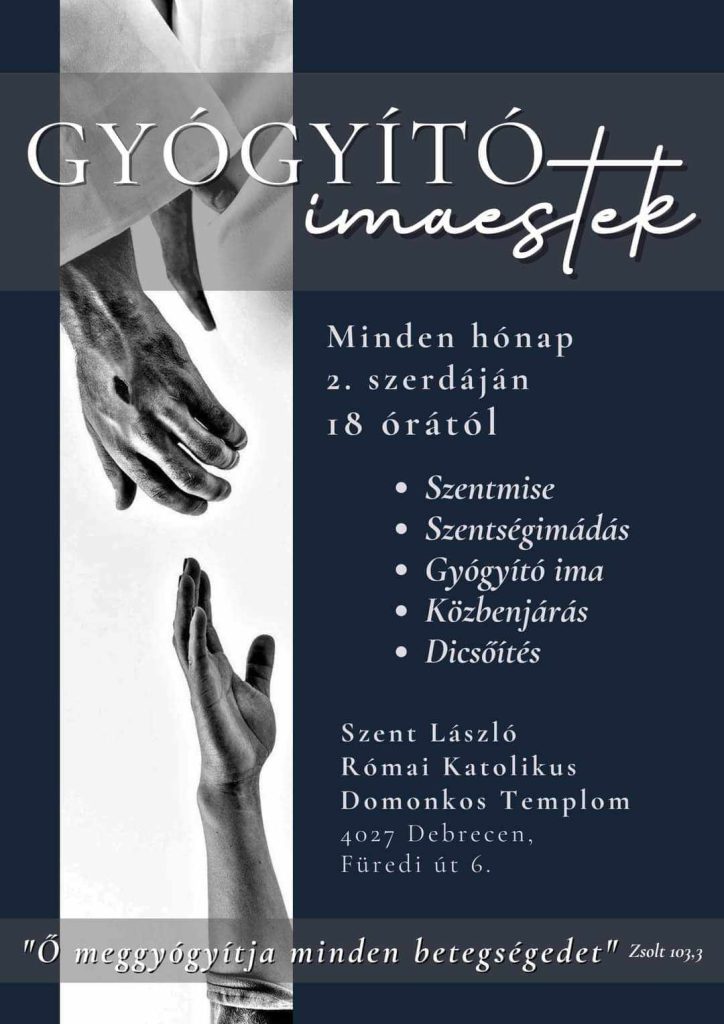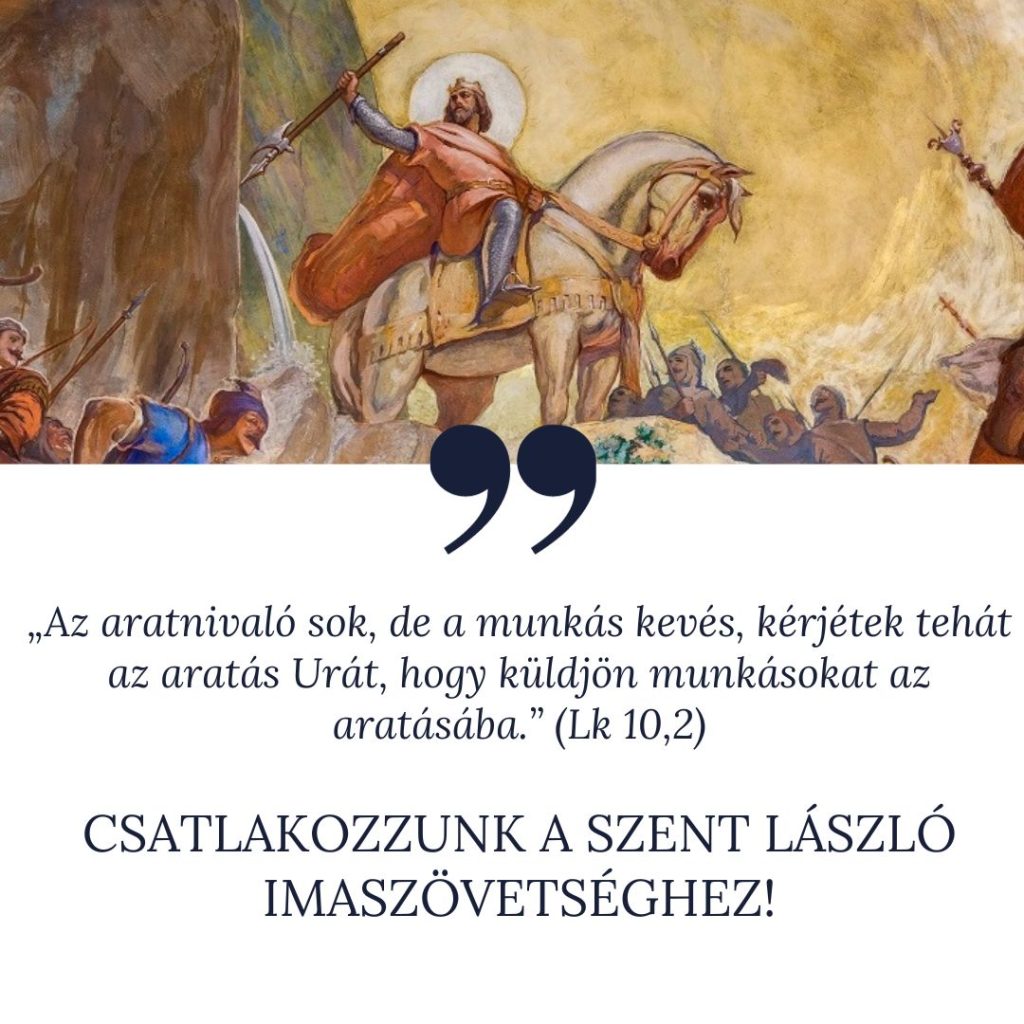
Father Okonkwo Chrysogonus Chinwuba, 37, ordained in 2020, with seminarians Anaele Charles Chibuike, 26, and Mgbe Cyprian Amobi, 25, from the diocese of Orlu, Nigeria arrived to Debrecen to continue their respective studies in Hungary with the support of the diocese of Debrecen-Nyíregyháza.

Most Reverend Palánki Ferenc, bishop of the diocese of Debrecen-Nyíregyháza and Most Reverend Augustine Tochukwu Ukwuoma, bishop of the diocese of Orlu agreed on the exchange on June 22nd, 2023, in the bishop’s office in Debrecen. The seminarians have already completed their foundation courses, including Phylosophy, at home, and they will continue thir studies in the Central Seminary (Seminarium Centrale) in Budapest from September, once they will gain a good command of Hungarian.
Fr. Chrysogonus will start his studies at the Medical Facutly of the University of Debrecen. While staying in our town, he will lead the communities of foreign students and guest workersin the St László Parish, where he celebrates the Holy Mass in English from 3PM on every Sunday,besides his other responsibilities.

We have met Fr. Okonkwo Chrysogonus Chinwuba in the afternoon of January 28th at St László’s in Debrecen.
First of all, Fr. Chrysogonus would like to express his thanks to Bishop Palánki Ferenc for he provided the opportunity for them to study in Hungary. They are glad to participate in the pastoral duties of the diocese, they already feel at home among the smiling, hospitable and amiable people. They kindly ask the faithful to pray for them and their efforts, especially the hard task of learning Hungarian.
Q: Why do you need a medical degree in addition to your priestly vocation? Which of the two will have priority in your service?
A: Bishop Augustine Tochukwu Ukwuoma would ask his priests after their ordination about what else they would like to study, what else the diocese needs. I have chosen a doctor’s profession. The diocese of Orlu has hospitals, where there is always a shortage of doctors, thus I will be able to make use of my doctor’s degree besides the pastoral care of the sick. If the most reverend bishop decided to send me here, I am sure to have time for both. The two professions, caring for the physical and spiritual health and well being, do not fall too far apart, anyway.

Q: More than seven thousand students are learning in English courses offered by the University of Debrecen, in the biggest student community of Central East Europe. The city can also see an increasing number of guest workers. St László’s Church has provided a home for the holy masses in English for decades. What other further pastoral duties do you plan to get involved?
A: The seminarians participate in the English holy masses, they already sing in the choir. They also joined the working group of fourteen that coordinates the spiritual life of approximately 130 faithful from abroad. They also attend other prayer groups, such as the English fraternity which is one of the three fraternities that started EXODUS 90 in January.
The priest is for the service of God’s people – not only he celebrates the holy mass, but he ministers other sacraments, those of reconciliation, first holy communion and marriage, if needed. In addition to the sacraments, he provides pastoral care for the youth in the form of spiritual counseling, guidance, organizing seasonal retreats, as well as leading community prayers, such as the stations of the cross in Lent. In all these duties I receive a lot of help from a few dedicated members of the parish.

Q: Europe, thus Hungary within it, has become a missionary territory. Although you have arrived only recently, you perhaps have a few initial insights. What are your impressions about Hungarian mentality, piety, religious life? What have you brought us from Africa?
A: As the number of the faithful is on the decline in Europe, I was very curious what was going to meet me here, but all I can see are signs of encouragement. People go to church, they do everything to maintain their communities, there are all-day adorations, and the number of priests in this diocese is also a source of hope.
If I were to suggest how to strengthen the faith, I would advise the fathers to be brave. They can only be so, if they spend more time with Him who have sent them. I would encourage the faithful never to lose the sight of eternity. What is here in the world is far from everything: our life on Earth will end, but our journey continues. They shall take care of their families. Children learn how to pray in their families, parents pass down their faith in families. If families pray together, if they even go for adoration together, the church will grow again, and the religious life will flourish.

Q: The church prospers in Nigeria. What does life look like in the diocese of Orlu?
A: Catholic diocese of Orlu, under the patronage of the Most Holy Trinity, was created by Saint John Paul II, on 1980, November 19 and was inaugurated on 1981, February 15 with the installation of Bishop Gregory O. Ochiagha, (of the blessed memory) as the first Bishop.
Around 2017, the number of Catholics was 1325115. 691 minor seminarians, 170 major seminarians, 5 religious brothers, and 119 religious sisters working in the diocese.
As of today, we have 462 ordained priests, 157 working outside the diocese, 305 working in the diocese and 57 dead.
We have grown from 23 parishes to 197 parishes and 4 Chaplaincies. The diocese is divided intő 4 regions: St. Gregory’s Amaigbo, St. Michael’s Uruala, St. Theresa’s and Regina Pacis Ihioma.
Pope Francis blessed the diocese on 2024, January with New Auxiliary Bishop: Reverend Thomas Ifeanyichukwu Obiatuegwu to assist the current Bishop; Most Rev. Dr. Augustine T. Ukwuoma.

Q: There are many factors that contribute to the prosperity of the church, thus Christianity is growing even though Christians are persecuted in Nigeria. To what extent your diocese is impacted by the persecution?
A: Persecutions occur in the Northern and Eastern regions of Nigeria. The discrimination we feel has nothing to do with religion, but is more of a political and ethnic nature.
Nigeria is a large country that is ethnically and politically very divided. The diocese of Orlu is located in the South where there was a civil war for independence of the Ibo nation for decades, but no sovereign Ibo country could emerge from it. The war was long and very bloody, and the people still suffer its aftermath and consequences today. So it is not the persecution of Christians that ails us, but this conflict. The independence movement is still active in politics, as the Ibo nation cannot take adequate part in the life of the country, they suffer disadvantages when it comes to filling offices or at the appointments of authorities. As a result, the Ibo boycott everything in every Monday: people stay at home, they do not go to work, they do not shop. It is dangerous to go out in the streets on Mondays. The center of the independence movement happens to be in Orlu, which is also the seat of the diocese. The bishop strives to mediate between local people and Nigerian government.

Fr. Leszkovszky Pál, OP, who led the pastoral service of the students from abroad for more than decade before it was taken up by Father Vadászi László, the leader of the Neocathecumenal community in Debrecen, also arrived towards the end of the interview. Fr Pál, who is also a doctor in addition to being a priest, gave good advice, some helpful instructions, and a large envelope of printed material of his own collection to his current successor, Fr Chrysogonus.
Gyorgy Balassa interpreted the conversation
Ágnes Kovács – Öröm-hír Sajtóiroda/Debrecen-Nyíregyházi Egyházmegye





































